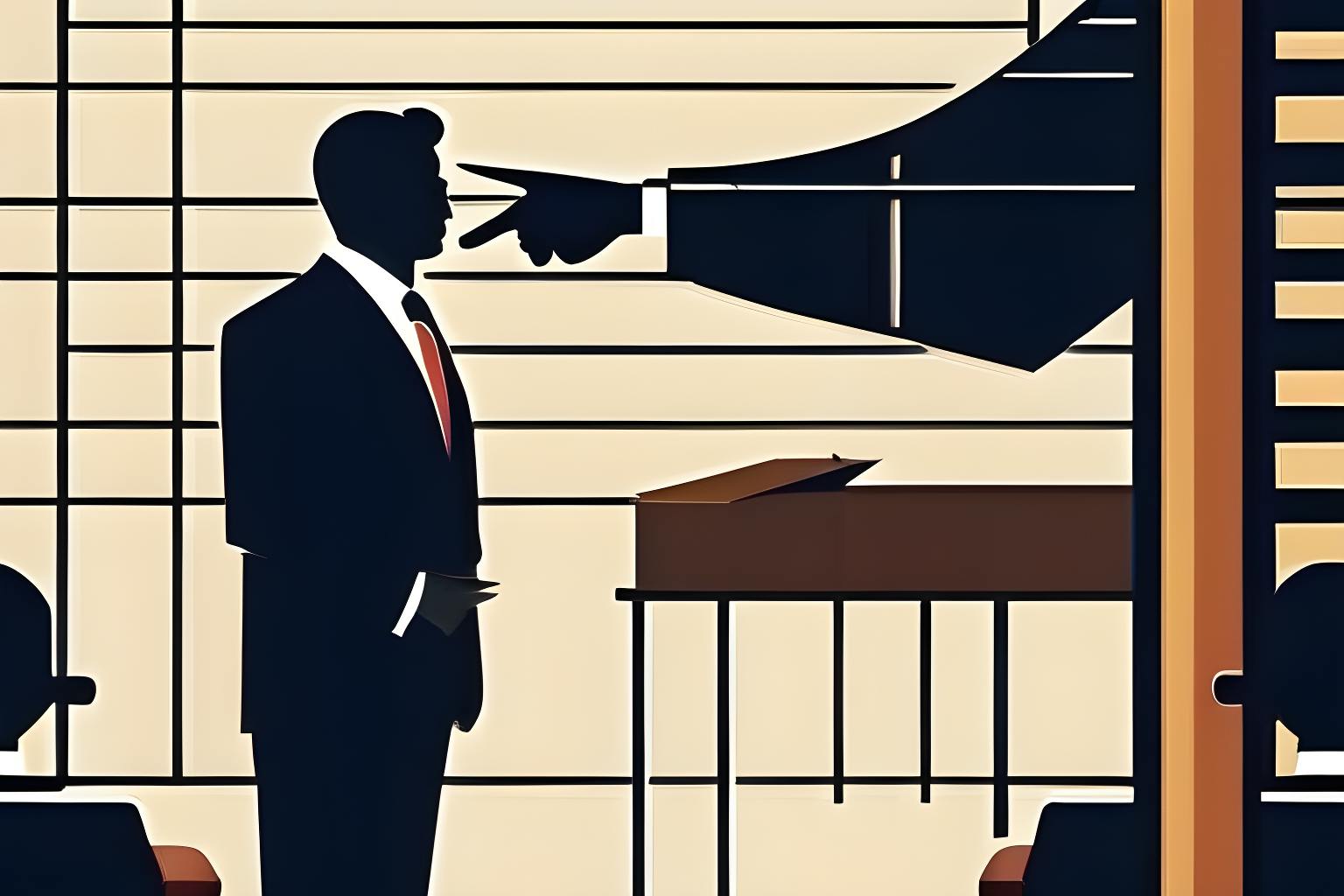DOE v. GITHUB Court Filing, retrieved on January 26, 2023 is part of HackerNoon’s Legal PDF Series. You can jump to any part in this filing here. This part is 4 of 21.
MEMORANDUM OF POINTS AND AUTHORITIES
II. PLAINTIFFS’ ALLEGATIONS[1]
OpenAI. While the complaint treats “OpenAI” as a single party, it names six distinct OpenAI entities as defendants: (1) OpenAI, Inc.; (2) OpenAI, L.P., (3) OpenAI GP, L.L.C.; (4) OpenAI Startup Fund I, L.P.; (5) OpenAI Startup Fund GP I, L.L.C.; and (6) OpenAI Startup Fund Management, LLC. The Complaint alleges that OpenAI, Inc. developed Codex, and that OpenAI, L.P. “co-created” Copilot. (Compl. (Dkt. No. 1) ¶¶ 23-24.) The complaint does not allege that any of the other OpenAI entities engaged in any of the conduct alleged in the complaint, but seeks to hold them liable nonetheless. (Id. ¶¶ 25-28.)
Plaintiffs. The named Plaintiffs have filed this complaint under pseudonyms without leave of Court. Plaintiff J. Doe 3 is a resident of Idaho and Plaintiff J. Doe 4 is a resident of South Carolina.[2] Plaintiffs allege that they “made available publicly” unspecified “Licensed Materials” on at least one GitHub repository. (Id. ¶¶ 1, 19-20.)
Plaintiffs do not allege that their rights associated with code they authored were violated, nor do they provide a single example of their code they claim to be at issue. The complaint instead includes excerpts of code functions from third-party textbooks with which Plaintiffs claim no association: (1) Eloquent Javascript by Marijn Haverbeke (id. ¶¶ 56-60); (2) Mastering JS by Valeri Karpov (id. ¶¶ 71-73); (3) Think JavaScript by Matthew X. Curinga et al. (id. ¶¶ 74-76).
Plaintiffs’ Allegations. The core of the complaint is that Defendants[3] developed and released Codex and Copilot—two “assistive AI-based systems” that are alleged to generate copied copyrighted material without attribution in some instances. (Id. ¶¶ 46, 77.) Plaintiffs allege that after Defendants trained Copilot and Codex using data gathered from publicly accessible repositories on GitHub, they used Copilot and Codex to distribute similar code to users. (Id. ¶¶ 46, 140.) In doing so, Plaintiffs contend that Defendants violated open-source licenses and infringed intellectual property rights. (Id. ¶¶ 143-171.)
Based on these allegations, Plaintiffs seek to represent two classes: an “Injunctive Relief Class” under Rule 23(b)(2) and a “Damages Class” under Rule 23(b)(3). (Id. ¶ 34.) Plaintiffs define both classes as “[a]ll persons or entities domiciled in the United States that, (1) owned an interest in at least one US copyright in any work; (2) offered that work under one of GitHub’s Suggested Licenses; and (3) stored Licensed Materials in any public GitHub repositories at any time” between January 1, 2015 and the present (the “Class Period”). (Id.)
The complaint asserts ten causes of action against the OpenAI Entities: (1) violation of the Digital Millennium Copyright Act (“DMCA”), 17 U.S.C. § 1202, et seq.; (2) breach of contract; (3) “tortious interference in a contract relationship”; (4) false designation of origin under the Lanham Act, 15 U.S.C. § 1125; (5) unjust enrichment under common law and California Business & Professions Code § 17200, et seq.; (6) violations of the California Consumer Privacy Act (“CCPA”), California Civil Code § 1798.150; (7) negligence; (8) unfair competition under common law, the Lanham Act, 15 U.S.C. § 1125, and California Business & Professions Code § 17200, et seq.; (9) civil conspiracy; and (10) declaratory relief.[4]
[1] This section is based on the allegations of the complaint, which must be taken as true for purposes of this motion. By discussing them in this motion, the OpenAI Entities do not admit the truth of those allegations.
[2] Pursuant to the parties’ stipulation and the Court’s order, “[t]he Complaint in the Doe 3 Action shall be deemed the operative Complaint.” (Dkt. No. 46 at 2; Dkt. No. 47.) Accordingly, OpenAI addresses in this motion only the Plaintiffs in the Doe 3 Action (Case 3:22-cv-07074).
[3] Plaintiffs lump together GitHub, Microsoft, and OpenAI entities as “Defendants” throughout the complaint. (See Compl. at n.1.)
[4] Where the complaint refers to common law or state law, OpenAI assumes for purposes of this motion that Plaintiffs have asserted such claims under California law. Although OpenAI does not concede that California law can be applied to acts occurring outside California here, even as pled under California law, Plaintiffs’ common law and state law claims should be dismissed.
Continue Reading here.
About HackerNoon Legal PDF Series: We bring you the most important technical and insightful public domain court case filings.
This court case 4:22-cv-06823-JST retrieved on September 8, 2023, from DocumentCloud.org is part of the public domain. The court-created documents are works of the federal government, and under copyright law, are automatically placed in the public domain and may be shared without legal restriction.

